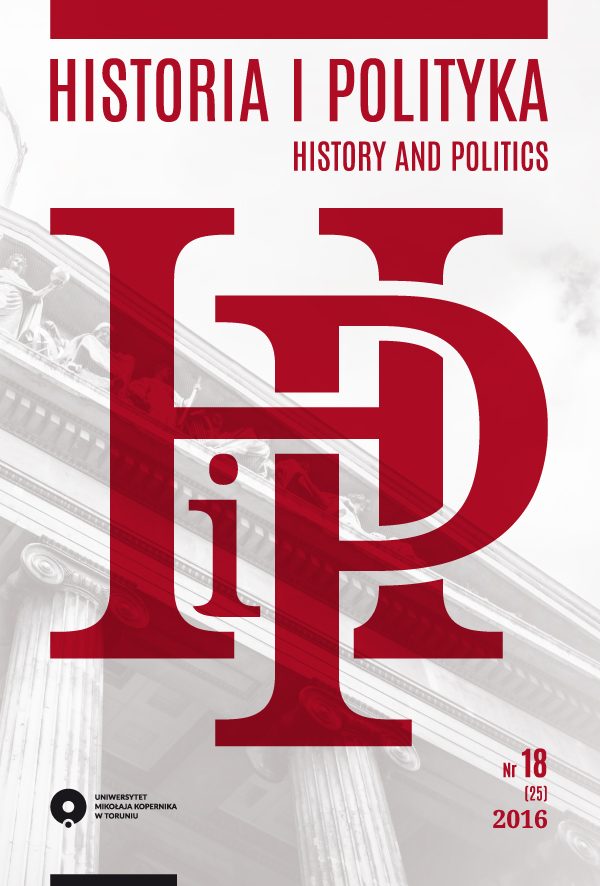Michael Sandel, Przeciwko udoskonalaniu człowieka. Etyka w czasach inżynierii genetycznej, Wydawnictwo Kurhaus Publishing, Warszawa 2014, pp. 125
Michael Sandel, Against the improvement of man. Ethics at the time of genetic engineering, Wydawnictwo Kurhaus Publishing, Warsaw 2014, pp. 125
Author(s): Bartosz PłotkaSubject(s): Theology and Religion, Health and medicine and law, Book-Review
Published by: Wydawnictwo Naukowe Uniwersytetu Mikołaja Kopernika
Summary/Abstract: In recent decades an increase of the meaning of bioethical cases in political debates could be observed. They have been started in 1970 by Roe v. Wade abortion case and, since then, included topics such as euthanasia, in vitro fertilization, and human enhancement. A common feature of all these cases is that they all, more or less, concern the matter of life, death, and human nature. That feature is also the main source of mutual misunderstanding between debating people because they all base their arguments, convictions, and judgements on different concepts of life, death, and human nature. For some of them, life is God’s gift and death is a moment when God takes a human’s soul away. In this group, some claim that if life comes from God, it would be wrong to manipulate it by, e.g. genetic engineering, while the others claim that if life is a gift, hence it belongs to us, we should use it to the maximum and make it better. Obviously, there are other people who argue that death is not a moment, but a process, and that presupposition lets them seek for criteria and arguments in favour of euthanasia or earlier organ transplantations. Irrespective of the case we choose to discuss, we can notice that in all biopolitical debates people represent different rationalities, hence use different arguments that not always match each other. For instance, it is very likely that a person who uses arguments referring to religious beliefs represents illogical, dogmatic or paradigmatic rationality while a person who uses secular arguments represents any other kind of rationality or dogma/paradigm in the aforementioned ones. The outcome however is always the same. If both sides of debate represent different rationalities, they cannot reach the point of mutual consensus. Nevertheless, some authors argue that the problem lies not in the variety of rationalities and that reaching the consensus would be possible if we had more explicit arguments to use in biopolitical debates.
Journal: Historia i Polityka
- Issue Year: 25/2016
- Issue No: 18
- Page Range: 97-100
- Page Count: 4
- Language: Polish

